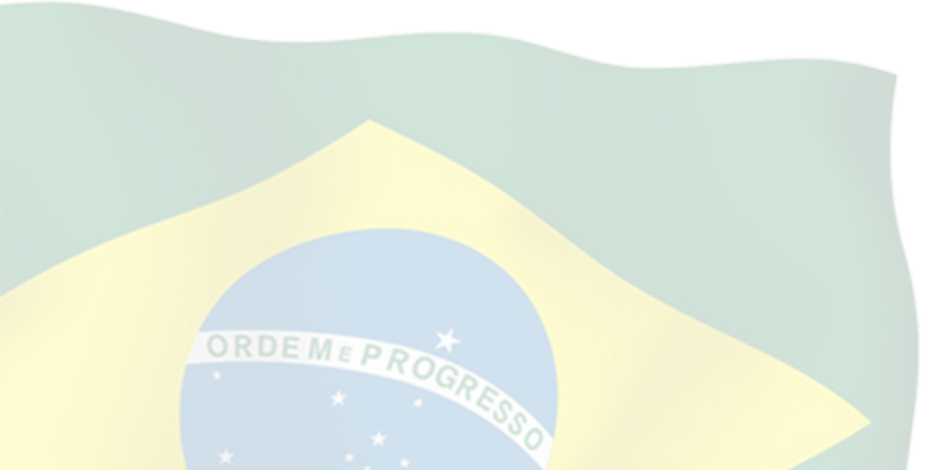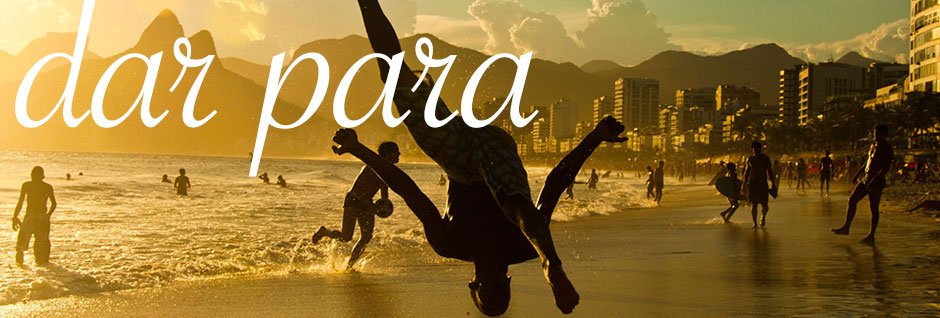Dar para
This is an extension of our post about the many uses of the verb DAR.
There’s something deeply satisfying about using DAR together with para to say things like, Is he a good kisser? Is that restaurant decent? Is it fixable? ~ you just need to understand that at heart, DAR + para = can do / possible to do.
That sounds pretty vague, I know. I want to distill this combo down to it’s global meaning but nothing more concise is coming up. I think it helps if you buy the concept that in Portuguese, DAR (to give) can assume the idea of ability /possibility... Before this gets any more confusing let’s try to get the hang of it by way of some real-world examples.
Using DAR para in-context
If you've got a bunch of carrots that are looking a bit sad and old ~fora do prazo~ and wondering if they're ok to cook you could ask,
Da para cozinhar?
» Is it good for cooking?
✱ Saying something like this of course only makes sense if you are a conversation and already know the context - you know that you're talking about the carrots!
Let's say you're talking to your new Brazilian friend and are not totally sure you're being understood, you might ask:
Dá para entender?
» Is that understandable?
Imagine you're checking the view from high atop one of Rio's gorgeous mountains you could say,
Dá para ver tudo!
» You can see everything!
Or, if you are talking about crossing a river with a small raft and wondering if it's possible - if it's "doable",
Dá para fazer?
» Is it possible to do?
How about in the negative?
Não deu para fazer?
» It was't possible to do. (Also: I wasn't able to do it)
✱ Notice also that you're using this in the past tense now! You could use any tense in this construction: dava, daria, dará... The format is always the same. Just the conjugation of dar that changes.
Lastly the CLASSIC Brazilian example:
Dá para beijar?
» Is he/she kissable?
Is it starting to come into focus now? It’s really a touchy-feely thing. Think of the literal translation to give, and how it conveys the idea of possibility. To give something is to be possible. <<🧚🏼♀️Insert touchy-feely emoji here.>>
Knowing these special verbs will really accelerate your language learning. Others include FICAR, IR and TER.
It's this type of rule that we emphasize in our dialogs. Ones that have the broadest applications and are easy to recall, so you can get into the conversation quickly.
From the video learning course, INTENSIVO.
The first 14 days are free to try.
No commitment. Cancel anytime. We're is the entertaining way to learn. 🧑🏼🔬


Comentários